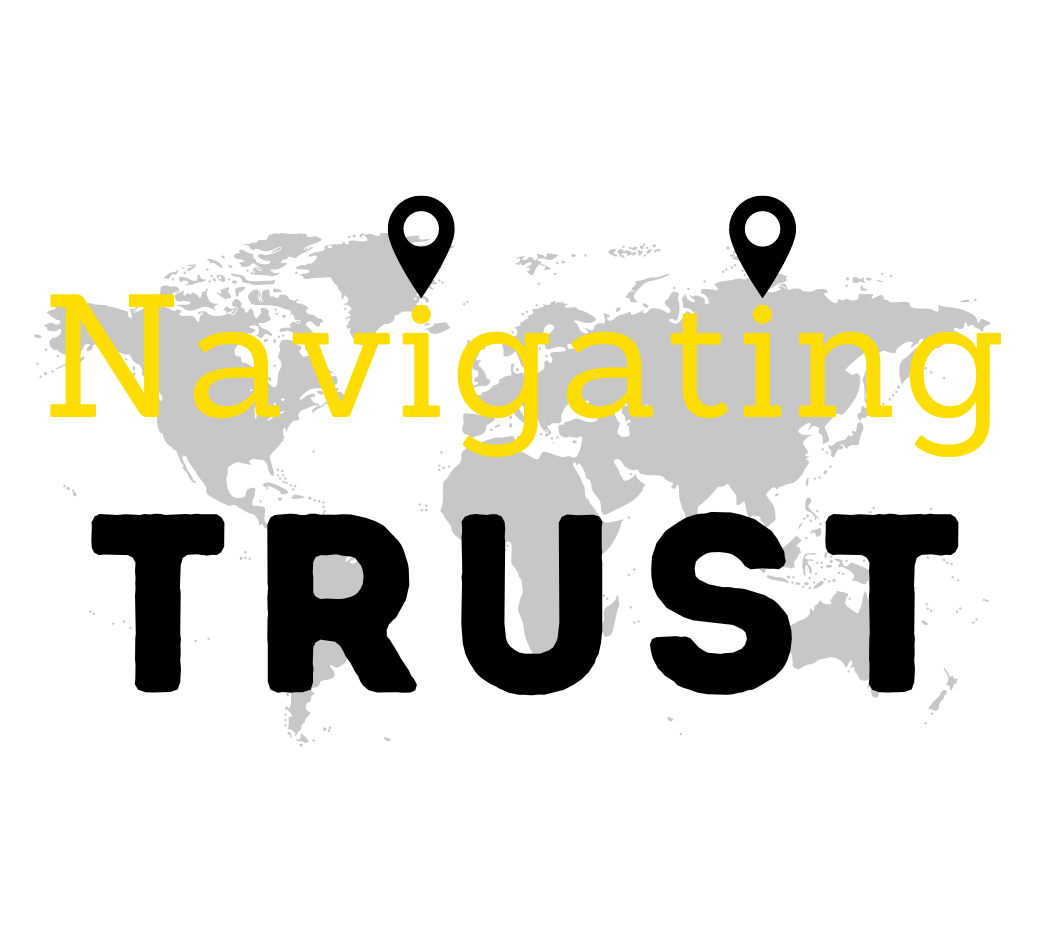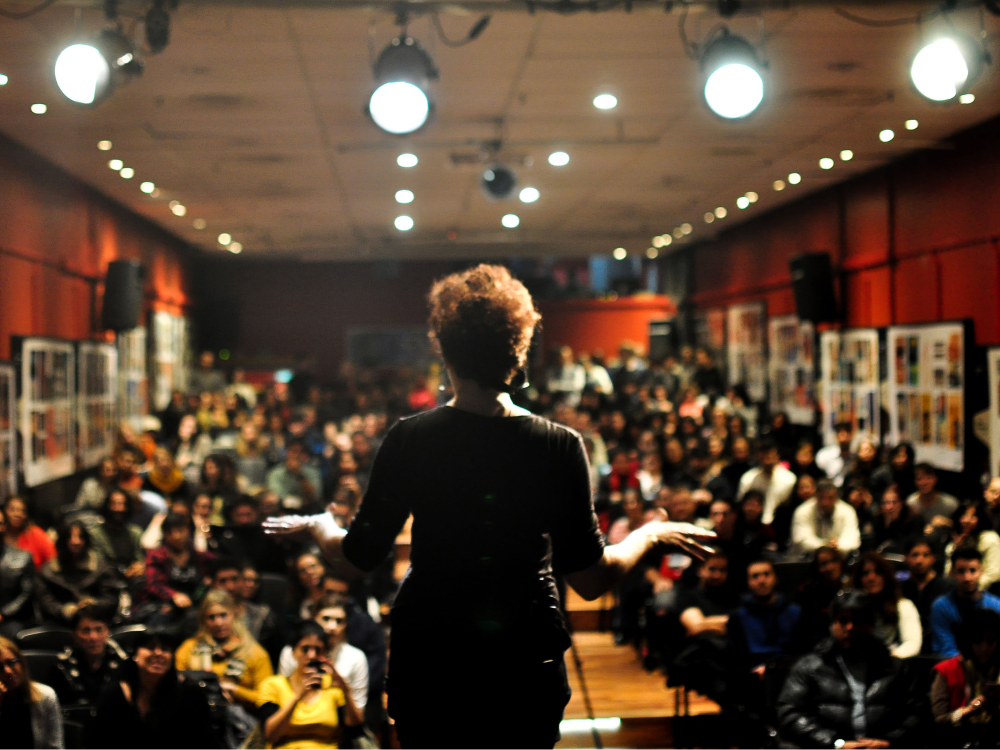There’s a broader feeling that Trust is challenged in many ways; trust between people, institutions, and trust in business. The Trust crisis primarily happens because of changes in technology that impact human behavior and create Trust issues. Throughout history, human societies have developed Trust mechanisms commensurate with the era’s technology culture and needs. We’re at crossroads; technology has changed, impacting culture and needs, while the means of Trust building have not changed. We need to take a deeper look and re-engineer our Trust mechanisms.
The following TED & TEDx presentations address this issue. Enjoy!
What does trust mean in today’s realities? The pace of technological development is growing exponentially and this has a big impact on trust. In this talk, Theofanis Varvoglis discusses how trust has changed over the years and why it’s time to re-engineer trust.
Fanis Varvoglis has a PhD in Marketing from Virginia Tech and specializes in Marketing Strategy and Entrepreneurial Decision Making. He is also an internationally certified mediator specializing in corporate disputes. He has been a professor of Marketing at San Diego State University, California, USA, adjunct professor at the University of Macedonia and the University of the Aegean in Greece, and Chair of the Business School at the American College of Thessaloniki. Since 2017 he is professor of Marketing at the AUA. He teaches Trust in the general education context and supervises the annual student conference on Trust. Essays and articles of his have been published in American, European, and Greek publications, and he has appeared on American and Greek television on issues relating to Marketing. He has implemented and coordinated studies and research in the private sector both domestically and abroad on education, strategy for corporations, startups, and not-for-profit organizations. This talk was given at a TEDx event using the TED conference format but independently organized by a local community. Learn more at https://www.ted.com/tedx
There’s been an explosion of collaborative consumption — web-powered sharing of cars, apartments, skills. Rachel Botsman explores the currency that makes systems like Airbnb and Taskrabbit work: trust, influence, and what she calls “reputation capital.”
the TED Conference, where the world’s leading thinkers and doers give the talk of their lives in 18 minutes (or less). Look for talks on Technology, Entertainment and Design — plus science, business, global issues, the arts and much more. Find closed captions and translated subtitles in many languages at http://www.ted.com/translate
Joe Gebbia, the co-founder of Airbnb, bet his whole company on the belief that people can trust each other enough to stay in one another’s homes. How did he overcome the stranger-danger bias? Through good design. Now, 123 million hosted nights (and counting) later, Gebbia sets out his dream for a culture of sharing in which design helps foster community and connection instead of isolation and separation.
Why do we trust some companies and not others? Using real-world examples, digital trust advisor Marcos Aguiar decodes this make-or-break quality — and offers seven tools to help leaders design a foundation of trust into their business ecosystems in order to achieve long-term success.
7 tools for building a business people trust | Marcos Aguiar | TED
For more information on Anne Böckler-Raettig, please visit our website www.tedxfrankfurt.de
Anne Böckler-Raettig is an Assistant Professor at the Institute of Psychology at Würzburg University. She studied in Berlin and Glasgow and completed her PhD at Radboud University in Nijmegen. After a research stay in Princeton, Anne worked as a Postdoc at the Max Planck Institute for Human Cognitive and Brain Sciences in Leipzig. Anne employs methods from psychology, neuroscience and behavioral economics to investigate the processes that underlie social understanding and social interaction. Specifically, she is interested in gaze behavior, empathy, perspective-taking and social decision-making. More recently, Anne began to address the malleability of socio-affective and socio-cognitive capacities and interpersonal behavior by means of meditation based trainings.
This talk was given at a TEDx event using the TED conference format but independently organized by a local community. Learn more at http://ted.com/tedx

